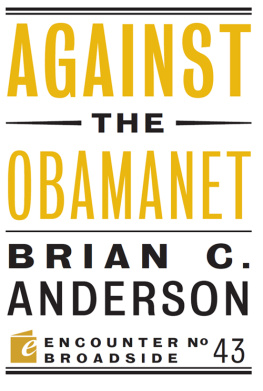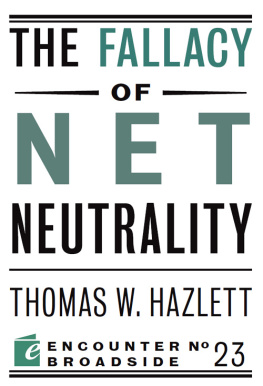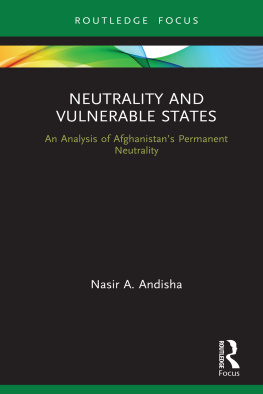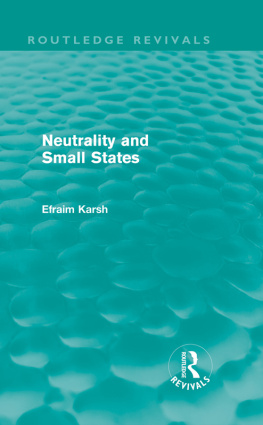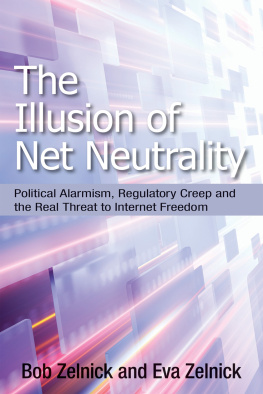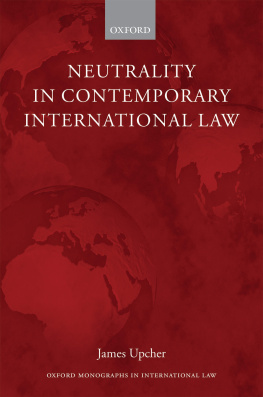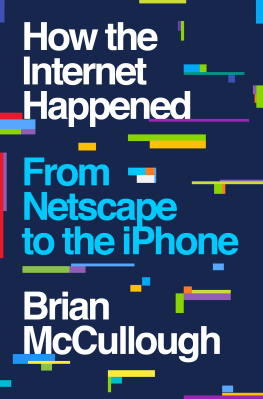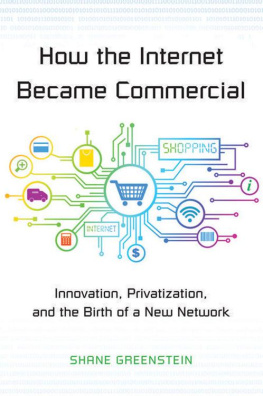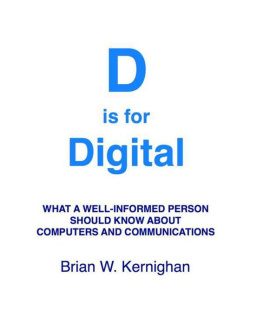Against the Obamanet
By Brian C. Anderson
B REATHTAKING NEW means of communicating and creating; of accessing, storing, and organizing massive amounts of information; of buying and selling everything from financial advice to the latest Los Angeles Philharmonic recording to a chauffeured drive across the city the Internet has brought all these things and much, much more. A platform of ceaseless innovation, it has transformed our lives, mostly for the better, in a remarkably short time.
And America has led the revolution. The Internets dazzling technologies and infrastructure, drawing in billions and billions of dollars in yearly investment, remain disproportionately American. Web-based U.S. firms like Amazon, Facebook, and Google span the globe as immediately recognizable brands. Ten of the worlds 15 largest websites are American. For technology visionary George Gilder, the Internet is at the heart of Americas world leadership and is Americas gift to the world.
All that is now under threat. In late February 2015, after an unprecedented intervention in its affairs by President Barack Obama, a purportedly independent Federal Communications Commission (FCC) voted along party lines (three Democrats yea, two Republicans nay) to impose extensive regulatory controls on this vibrant, expanding digital universe. The main goal of the Obamanet, as the Wall Street Journal christened the new regulatory regime, is to mandate network neutrality, a technical term that, activists say, simply means requiring Internet service providers (ISPs), such as Time Warner and Verizon, to treat all the data surging through their systems in the same way.
That may sound benign, but the more you examine the technical and regulatory stakes, the more you realize that the FCCs power grab is a very bad thing. Should the Obamanet take root, unending litigation and uncertainty will result, dampening investment and stifling enterprise in the most dynamic sector of the U.S economy. Established Internet firms increasingly will try to win exemptions from the rules, creating a system of preferment that would have horrified the Founding Fathers. More troubling still is that the Obamanet could bring new efforts to restrict political speech an end long sought by many on the left.
THE ROAD TO INTERNET SERFDOM
What encouraged the Internets efflorescence of creativity was an early bipartisan consensus among American leaders that the Internet should largely be free from regulation permissionless, as Adam Thierer, a scholar at the Mercatus Center, puts it. That is, anyone you, me, Mark Zuckerberg, Martha Stewart, the local hardware store could use the Internet to start a website, launch an app, or experiment with business models without first getting the governments OK. The Internet wouldnt be a heavily regulated utility like the old phone system, explains L. Gordon Crovitz in the Wall Street Journal. Instead, it would be an information service, which the government would mostly leave alone. The language of the Telecommunications Act of 1996 reflected this market-friendly vision: the policy of the United States would preserve the vibrant and competitive free market that presently exists for the Internet unfettered by Federal or State regulation.

The more you examine the technical and regulatory stakes, the more you realize that the FCCs power grab is a very bad thing.
The leave-it-alone consensus held for roughly a decade from the mid-1990s, when the Clinton administration first opened the Internet for commerce, until the mid-2000s. What ended it was the rise of a movement of left-wing netroots activists, politicians, and lobbying groups. Funded heavily by financier George Soros, the movement sought to get the government to impose network neutrality a phrase coined by Columbia law professor Tim Wu in 2003 on ISPs.
Those companies wanted to manage their broadband pipes more actively and more profitably offering, say, superfast express lanes for content providers and consumers willing to pay more, or balancing traffic loads to make service smoother for all users, casual email sender and bandwidth glutton alike. The advocates and their allies viewed such practices darkly. If the ISPs got their way, the argument went, they would lord it over their service areas, give preferential treatment to well-heeled allied sites, and even slow down or block the content of rivals and small startups. The broadband barons would make themselves the gatekeepers of the Internet, shaking down everyone for more and more money in exchange for less and less service. The open Internet would be dead. An Internet of enclosures and walls would arise in its place. Innovation would suffer.
On behalf of the people, therefore, the government had to intervene and guarantee that all data received equal treatment. No digital discrimination by ISPs should be allowed, ever. The ISPs had to be forced to stay neutral and their conduits kept dumb, with all the intelligence in the system located in the senders and receivers using the Internet. Harvard law professor Lawrence Lessig described the ideal in his book Code and Other Laws of Cyberspace: Like a daydreaming postal worker, the network simply moves the data and leaves its interpretation to the applications at either end.
A first push to get the FCC to mandate network neutrality came in 2007. Two years earlier, the agency had issued a policy statement not an official regulation but four suggested norms to guide the future of the Internet. Users, the principles ran, should be able to: 1) access the lawful content of their choice; 2) run the applications and services of their choice, subject to the needs of law enforcement; 3) connect legal devices of their choice, as long as they didnt harm the network; and 4) benefit from competition among ISPs and other Internet firms. Together with other activists, a nonprofit inaptly called Free Press petitioned the commission to enforce the policy statement against the cable giant Comcast, which was slowing down the bandwidth-hogging BitTorrent file sharing among some of its network users so that other users service didnt degrade. Comcast soon reached a private agreement with BitTorrent to ease congestion and improve service for everyone. The FCC nevertheless proceeded to censure Comcast for violating the ideal of an open Internet and demanded greater disclosure of its network-management practices. Comcast sued, and in 2010 the Court of Appeals for the D.C. Circuit ruled that the commission lacked the statutory authority to tell the cable company what to do.

